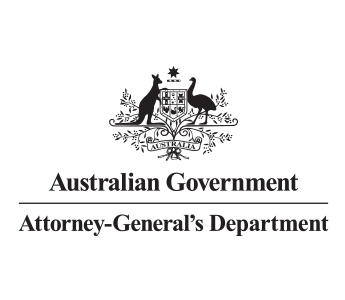Former Ipswich City Council CEO sentenced for accepting bribes reflects on time behind bars
Relevant impacts: Human Impact, Government Outcomes Impact, Reputational Impact, Industry Impact.
In February 2019, former Ipswich City Council CEO Carl Wulff was sentenced to 5 years imprisonment, with eligibility for release after 20 months, on 2 counts of official corruption and one count of attempting to prevent the course of justice.
Between 2012 and 2013, Wulff accepted bribes amounting to over $240,000 from council contractors including a $7000 deck for his home, cash payments and other benefits. Much of the funds were routed through a shell company operated by his wife, Sharon Oxenbridge, in an attempt to conceal their illicit nature.
The Queensland Crime and Corruption Commission (CCC) uncovered the corruption after a multi-year investigation, codenamed “Operation Windage”, into allegations of corruption concerning the Ipswich City Council. As a result of the operation, 16 individuals (including Wulff and his wife) were charged with criminal offences, 4 of whom have now been sentenced.
While in prison, Wulff collaborated with the CCC to produce an anti-corruption testimonial video. In it, he reflects on the crime itself and the deep personal, professional and emotional impact of his actions. He also outlines the process of corruption and how it often begins as smaller, less obvious actions such as free lunches or tickets to sports games before building up to larger bribes. Ultimately, he concludes that engaging in corrupt conduct is never worth it and that you will always get caught, even if it’s years later.
Watch the video at CCC | Carl Wulff - The Inside Story | Full length | 2019 - YouTube
Related countermeasures
Submit a case study
We'd like to hear from you if you have a case study to share.

